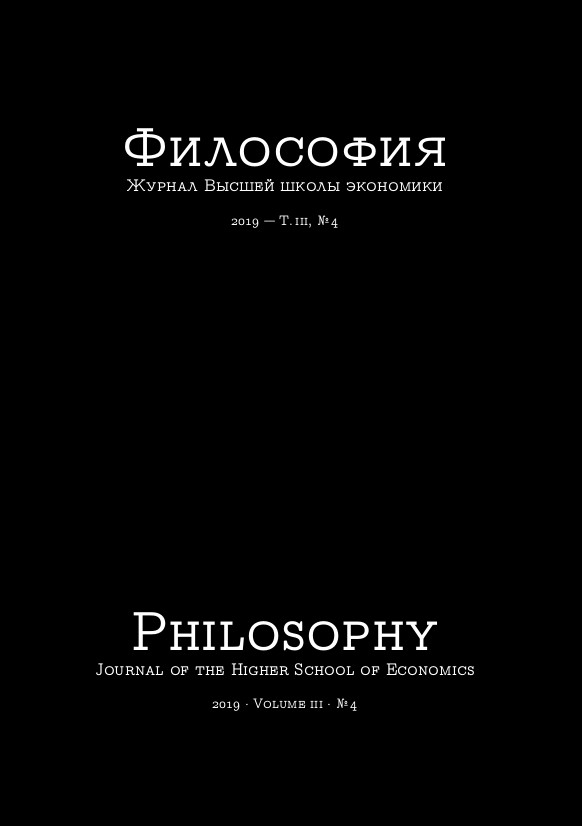Linguistic Discussion of 1950 as Marr and Stalin's “Debate” on Laws
Abstract
The linguistic discussion of 1950 is considered in the article as a “dispute” of two linguistic “paradigms” oriented to the study of language as langue and language as langage. This is demonstrated through a different understanding of the concept of language law by Stalin and by the creator of the “new theory of language” Nikolay Yakovlevich Marr (1864–1934). At the same time, a number of laws formulated by Marr (the law of “universal human thinking”, the law of opposite semantics, the law of diffuse meanings, the law of functional transfer, the law of hybridization) are analyzed, and it is argued that Marr’s view on language laws — above all, on the laws of semantics — was significantly different from the understanding of semantic laws which was accepted before him (in the works of Michel Bréal, Mikhail Mikhailovich Pokrovskiy, etc.). The main difference consisted in the fact that the laws referred to in the works of Marr, claimed the status of universal, not only in the sense that, as Marr believed, they could be applicable to all existing languages, but also in the sense that they generally went beyond linguistics, claiming to describe phenomena studied by other disciplines or “proved” with the involvement of facts analyzed by other sciences. In turn, analysis of the general context of the history of linguistic ideas that preceded the discussion (including the context of “crisis” in linguistics at the turn of the nineteenth and twentieth centuries) allows to state some differences between linguistic laws formulated for phonetics and semantics.






